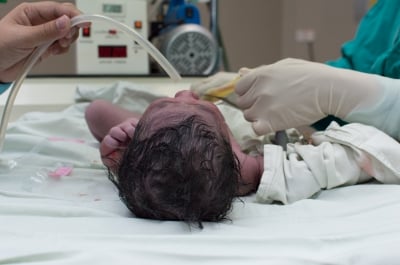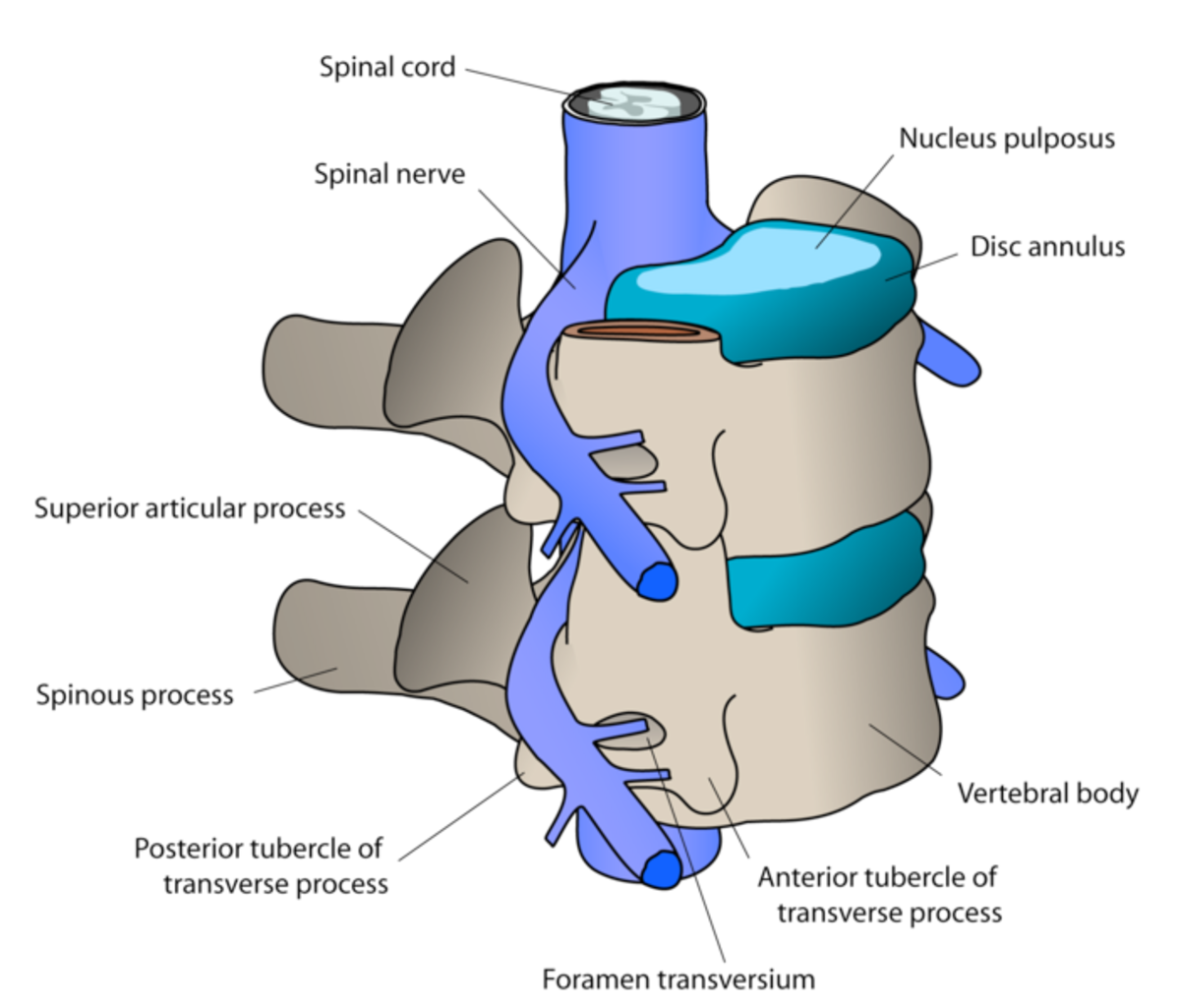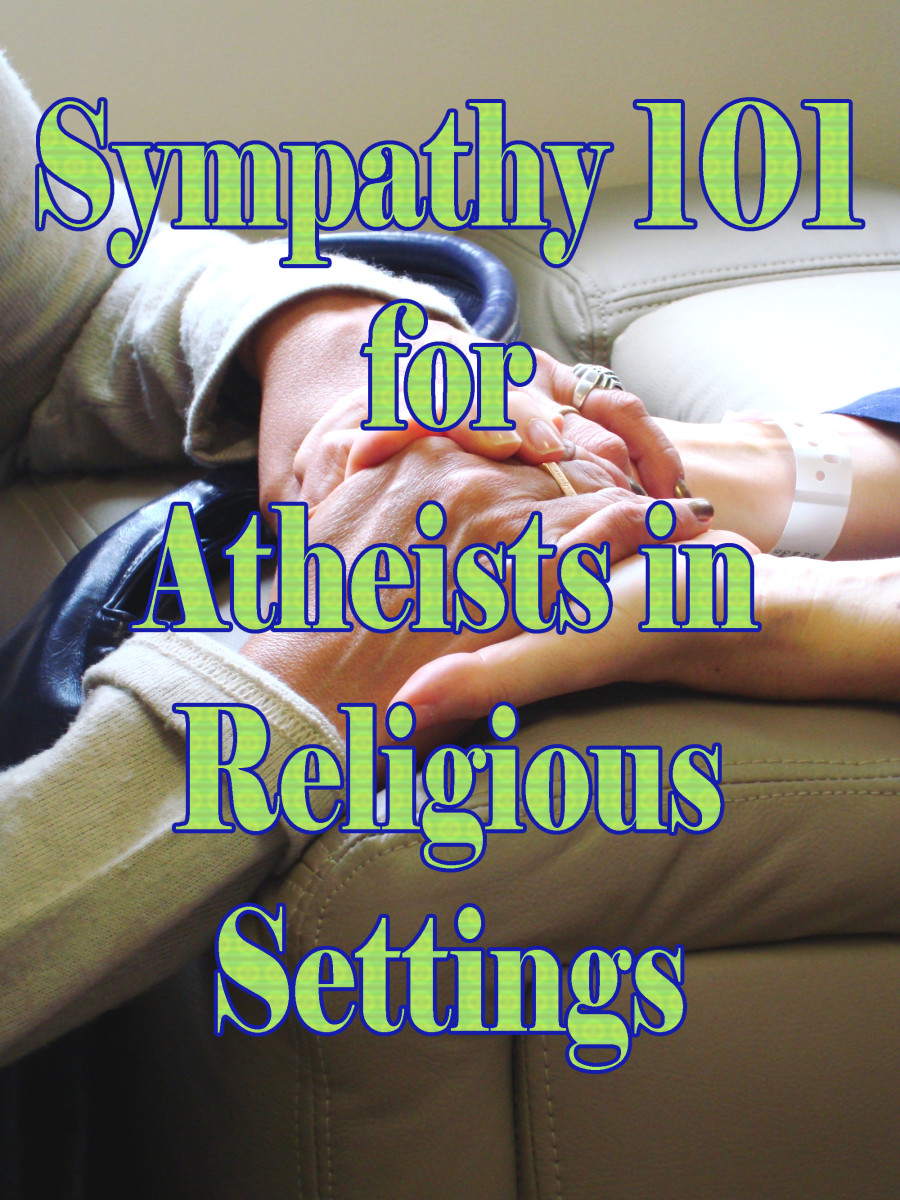When is it Okay to Choose Death?
Disclaimer: the contents of this hub do not reflect any one religious belief, textbook, or philosophy. They are merely the observations of the author.

The Time for Decision Making is Now
"What do you want me to do if she goes into cardiac arrest tonight?" the doctor queried. My husband and I looked at each other. Although we were at the hospital with his mother, we did not have the authority to make that kind of decision.
My husband called his father, and without hesitation, he said, "Resuscitate!" His response surprised us. Just the previous day, the talk was that it was time to let mother go. She had been in critical condition in the intensive care unit for nearly a week and each day brought further indications that her time was short.
As more organs malfunctioned, the doctors proposed the possibility of exploratory surgery. They gave the family three options, and the decision needed to be made in less than an hour:
- Do the surgery immediately, however; the chance of survival was a mere 10%
- Continue the current treatment protocol, which was evidently not working, and would only prolong her agony
- End the treatment, and in so doing, hasten her final moments
The family was summoned via telephone, and the realization of her impending death was acknowledged by all. No matter what we did, mother's life was coming to an end. How could we make such a decision?
Those from out of state pleaded for treatment to continue, that her life might be spared until all were gathered. They began the long trek across state borders, hoping that they would get to see their mother one last time.
What is Death?
In order to understand the nature of death, we first need to understand where life comes from. Upon conception, cells begin to form and grow, gradually becoming skin, bones, nerves, blood, and organs. Each cell is dependent upon the life-giving substance provided by the mother.
We do not know at what point spirit and body unite to form a living soul. Some believe it is at conception, others at birth. We do know that once the infant leaves the mother's body, it must depend upon its own vital organs for life to continue. Should something happen to one of these organs, life for the infant may be jeopardized.
"...the spirits of all men, as soon as they are departed from this mortal body, yea, the spirits of all men...are taken home to that God who gave them life."
Alma 40:11*
Death occurs when the organs cease to provide their life giving substance.This does not necessarily happen simultaneously. It may be sudden, as in the case of an accident that damages organs to the point of being unable to function. The brain may continue to send out signals, but if the organs are unable to respond, death is accelerated.
Death may occur gradually, over the course of months, or maybe even years. Chronic disease sets in and vital organ function may need to be supplemented by dialysis, a pace-maker, or continued administration of oxygen. In any case, death is not pronounced until the heart ceases beating and the body heaves its last breath.
At that point, the body lets go of the fluids retained in the systems, as well as the waste being processed in the intestines. The eyes and mouth fall open, and brain activity comes to a halt. Stiffness eventually signals the absence of life.

How Can We Know When a Person is Dying?
Only medical personnel are qualified to determine whether a person is alive or dead. We cannot make that determination. There are signs; however, or red flags, that give us a warning that death is on the horizon. We would do well to heed these warnings and make end of life preparations.
1) the onset of degenerative disease - chronic illness in and of itself can happen to anyone, and through proper management, a person can live a long time. Degenerative disease is different, it means that the body deteriorates over time, with the condition worsening to the point that death is imminent.
2) additional diagnoses - as the body continues to weaken, additional issues arise, and diagnoses are added, each one another signal that time is short.
3) snowballing effect on organs - when one organ ceases to function, another is dramatically affected, then another, until finally, the body stops all vital functioning and death occurs.
4) lack of consciousness - as the organs cease their functioning, the lack of nutrients in the brain leaves it unable to process sensory information. The person goes unconscious, as if in a deep sleep. There may be movement, even response to stimuli, but until nutrients are provided in an ongoing basis, the brain will not fully "wake up." A continued state of unconsciousness, coupled with organ malfunction, indicates that death is near.
5) frustration on the part of physicians in lack of response to treatment - once the body is on a downward spiral toward death, treatments that may work toward healing in other circumstances receive very little or no response. When the body is unable to reverse the trend of disease and dysfunction, death is not far away.

- LegacyWriter.com | Online Wills, Powers of Attorney, Living Wills.
LegacyWriter™ is a leading estate planning legal document web service that specializes in helping you write your own living will. Fill out your own last will and testament and power of attorney forms online at LegacyWriter.com.
What is the Role of the Advanced Medical Directive?
The Advanced Medical or Health Care Directive (AHCD) is designed for just these circumstances. It must be considered, discussed with loved ones, and signed when a person is in a positive frame of mind and able to make logical choices based on desired outcomes.
Waiting until one is already in a hospital bed is too late. Then emotion takes over, and people do what they feel is best, not what is logical and practical. Family members may also disagree on what is to be done, depending on the outcome that they desire, not what is best for the patient.
There are several questions that are answered with this type of document:
- Who is responsible should the person become incapacitated and unable to determine their own course of treatment?
- Under what conditions is the choice made to terminate treatment?
- What provisions will be made to keep the person comfortable until death occurs?
The AHCD allows a person to die with dignity. It outlines the definitions of a terminal condition, life sustaining treatment, and a permanent unconscious condition. It gives the family the right to refuse treatment that would only prolong the suffering of the person in their dying condition. It gives them the ability to determine to a large extent when and how their family member experiences death.
The AHCD is different from a Do Not Resuscitate, or DNR order. Only a doctor can put a DNR order in a patient's chart. Most physicians will ask the family what their desires are, if the patient is in a state where they could expire at any moment. Once the DNR order is put in the patient file, some type of signal is put on the patient's person, such as a colored wrist band, that indicates that they be allowed to die without interference.

When it is Okay to Choose Death?
The irreversible finality of death gives it a negative connotation. We are taught all throughout our lives that choosing life is the way to go. We shun death, even avoid talking about it, and do everything we can to keep ourselves far away from it.
Those who actively cause their own death are considered to have some type of mental illness or distorted thought processes. Those who take the life of another are tried in court for breaking the law. And yet, there comes a time in our lives when death is inevitable. We all die, there is no getting around it.
In the case of my daughter and her family, illness struck one of their own at a young age. She gradually lost her abilities to the point that hospitalization was necessary. When her state became one of unconsciousness, with no hope of recovery, they had to decide what to do.
Should life support continue in a nursing home situation, or is it time to disconnect and let her pass? The family gathered in the room with their precious loved one as the doctor's disconnected the equipment and watched her peacefully drift away. Tears and prayers were offered in her behalf.
In the case of my beloved mother-in-law, as her failing condition become more evident and the family was called together, medical support was not enough to keep her going. Her body let go before all could gather. Although she was surrounded by loved ones when her spirit left this world, there were some who did not make it. We never know when it will be our time to go.
This content is accurate and true to the best of the author’s knowledge and does not substitute for diagnosis, prognosis, treatment, prescription, and/or dietary advice from a licensed health professional. Drugs, supplements, and natural remedies may have dangerous side effects. If pregnant or nursing, consult with a qualified provider on an individual basis. Seek immediate help if you are experiencing a medical emergency.
© 2014 Denise W Anderson








